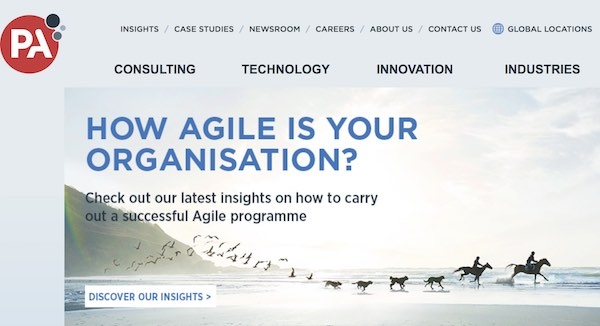A leading firm of consultants has warned that many financial services firms are unprepared for new HMRC anti-tax evasion fines due to come into effect from 1 October.
PA Consulting Group says firms need to act now to implement a “framework” that will enabling the monitoring of tax evasion risk to mitigate potential problems. The company says the new legislation introduces an entirely new offence whereby corporations can be held responsible if any employee or agent acting on their behalf facilitates tax evasion in any way – and it has a global scope.
PA says this represents a “steep change” from the range of previous tax evasion offences and is a significant additional burden for firms. According to the company, recent surveys by industry bodies suggest that less than 40% of financial services institutions have considered the regulations which come with the risk of significant fines.
There is also no ‘grace’ period as HMRC will be enforcing the new rules from the 1 October and is traditionally less open to dialogue than the regulatory bodies, it says.
Firms are obliged to have a framework in place to monitor and mitigate the risks and the government guidelines recommend that firms broadly use their Financial Crime frameworks as a starting point.
The risk is notably bigger for insurers and those financial services providers that have a lot of intermediated business, those who work through IFAs, brokers and other advisers, in particular. They are more likely to have agents operating on their behalf in a position to help facilitate tax evasion by customers, says PA Consulting. Managing the risk created by these intermediaries will be a substantial change for financial providers compared to the previous environment.
Richard Grint, financial services expert at PA Consulting Group, said: “Tax evasion has been a low priority for companies, but this needs to change and fast. The nature of this sort of change means that it tends to get de-prioritised to the bare minimum, and the teams working on it tend not to be high performing and therefore aren’t able to influence those around them to get their work moved up the priority queue.
“This needs to change. If companies do not reorganise their priorities and enforce these regulations, then they will be facing significant fines.”

